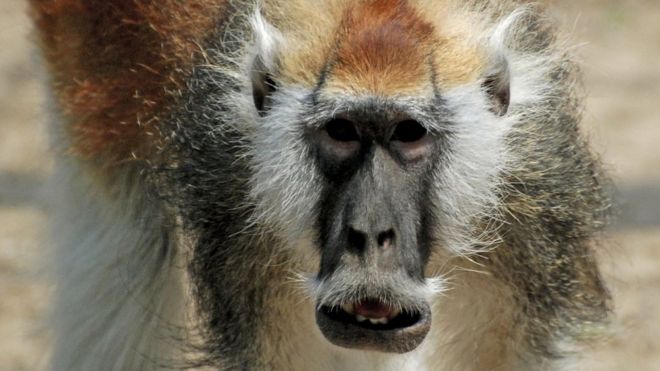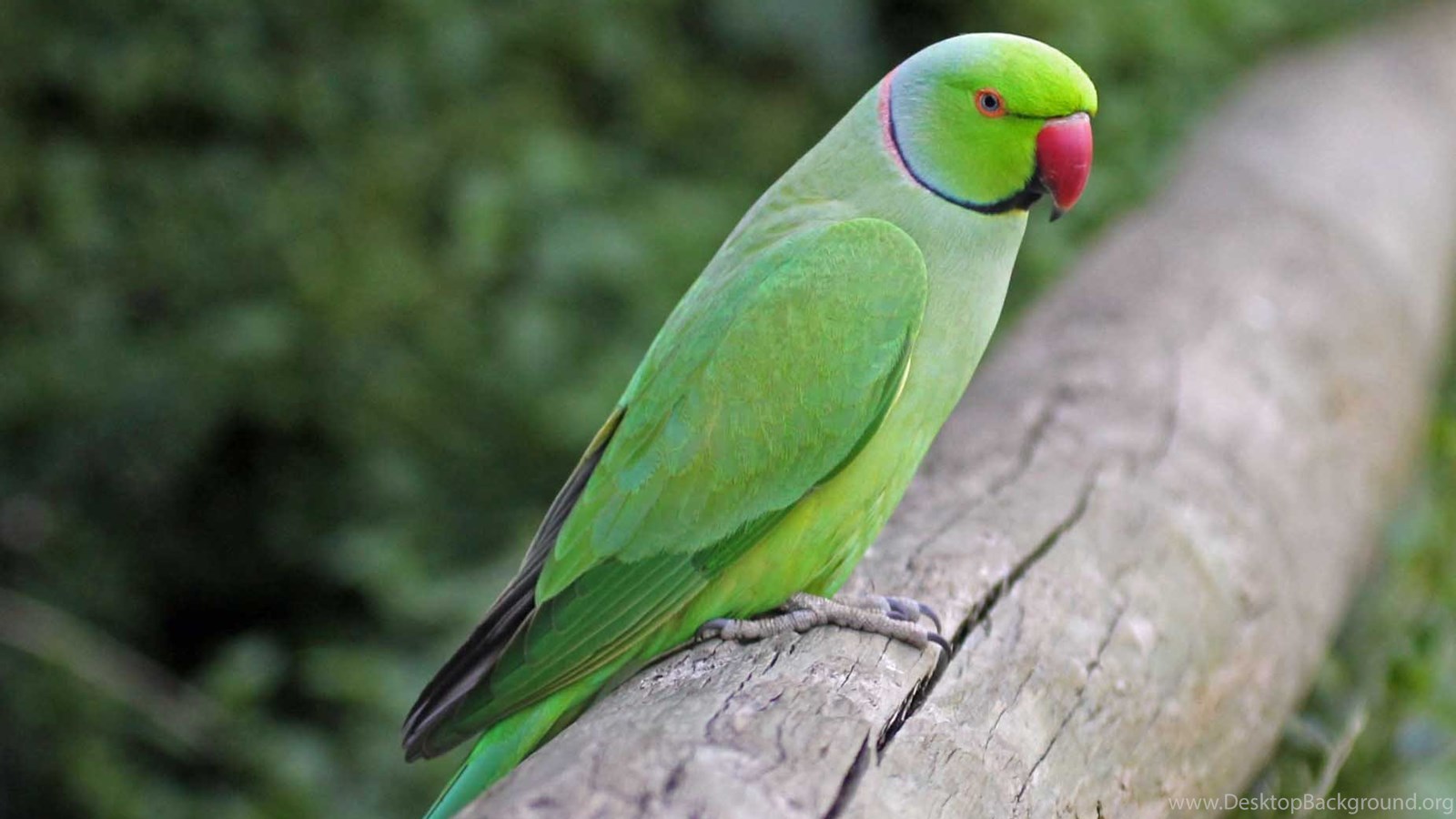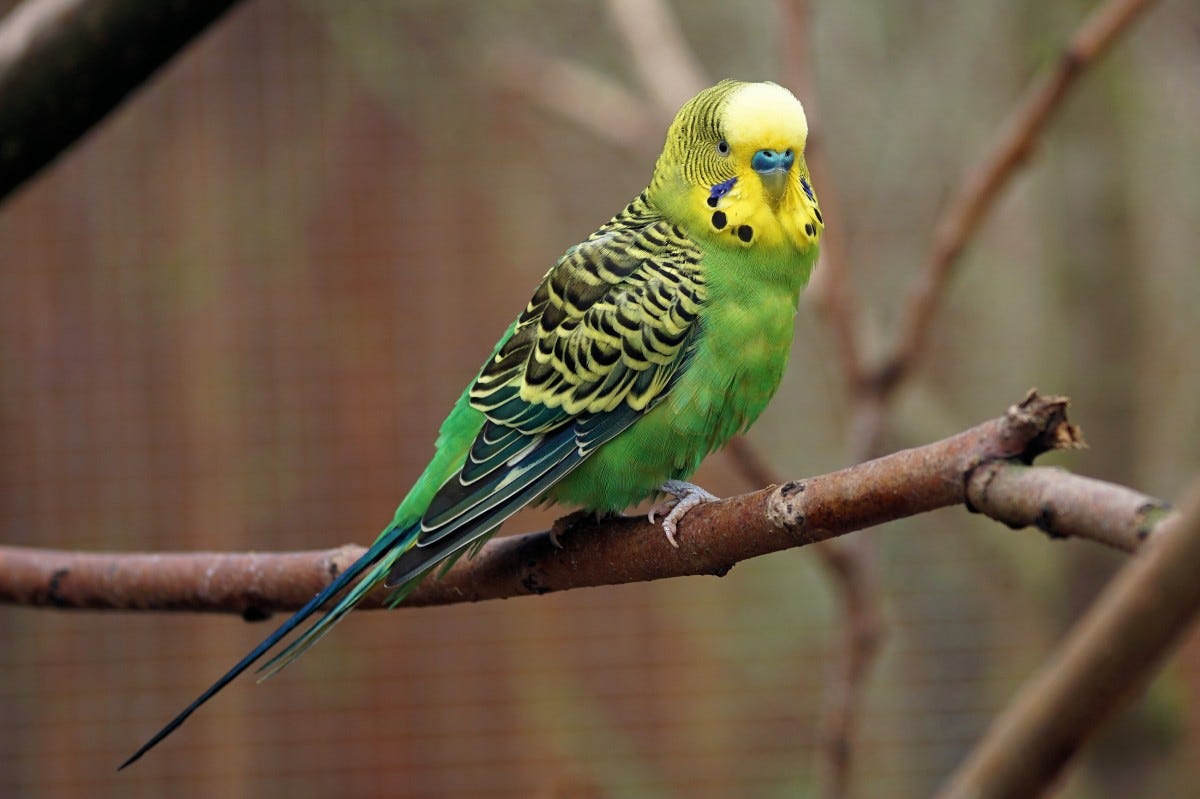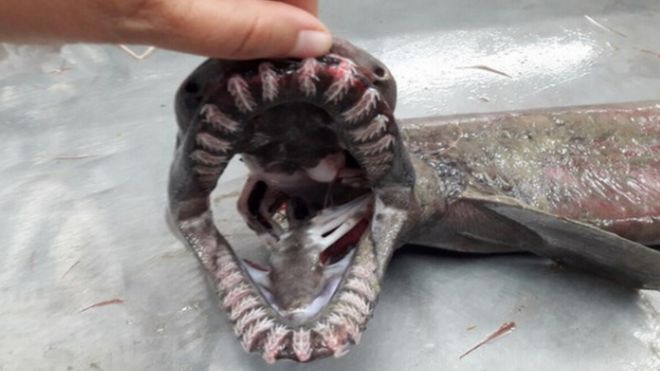As regular readers will realise, I read a lot of articles in consumer science, consumer history and the more general media over the course of a month – articles which look as if they will interest me. (I don’t generally read politics, business etc.). What I post here are only those items which I think may be of more general interest to you, my readers, being mindful that the humanities people amongst you might want a bit of “soft” science; and the scientists a bit of humanities. So I do try to mostly avoid difficult science and academically dense Eng.Lit. or history – ‘cos you don’t all want to struggle with/be interested in that, though some may. And I obviously don’t expect everyone to read everything, but just to pick the items which interest you most; if you find one or two each month then that’s good.
So, having restated my aims for this series, let’s get down to business – because there is a lot to cover this month.
Science, Technology & Natural World
We start off with something which surprised me: the engineers building Crossrail had to take the curvature of the Earth into account, because of the length of the line and the precision with which some of the tunnels had to be threaded through between existing structures.

Staying on an engineering theme, scientists have developed a method of making wood as strong as steel, and thus potentially useable as a high strength building material.
Changing themes, what really is biodiversity and why is it so important?
The curious history of horses’ hooves, and how five digits became just one.
Following the attack on a pair of Russians in Salisbury, several of the scientific media have been asking what nerve agents are and how they work. This is Scientific American‘s view.
Health & Medicine
A strange, six inch long, “mummy” was found in Chile some years ago, and many people decided it was an alien – hardly surprising given its appearance. However, following DNA testing it has finally been confirmed that it was a very deformed, female, human infant.
Musician Taylor Muhl has a large birthmark on her torso, but it turns out that it isn’t a birthmark but that she’s a chimera, having absorbed a twin sister in utero in the very early days of gestation.
Influenza is relatively common, and benign, in may non-primate species which provide a natural reservoir for the virus. And there are many other such viruses out in the wild which are a concern as (like Ebola, Zika, SARS) they could mutate and jump to humans.
On a similar theme, researchers are coming to realise that there is a genetic component to our susceptibility to many diseases and that disease prevalence partly depends on the genetic mutations we carry.
Sexuality
From consent advice to sex toys and masturbation hacks, YouTube has taken over sex education.
Language
While on sex, the Whores of Yore website has a history of Cunt, the word.
History, Archaeology & Anthropology
Researchers have analysed a huge number of DNA samples to discover that Homo sapiens interbred with Denisovans on multiple occasions, as we did with the Neanderthals.
Why did Oxford and Cambridge have a monopoly on UK university education for several hundred years, when universities proliferated across the rest of Europe?

Long before the height of the slave trade and the British Empire, black Africans lived freely in Tudor England.
In 1600 Giordano Bruno burned at the stake as a heretic and it looks likely that this was for believing in the existence of planets outside our solar system.
The oldest message in a bottle has been found on a beach in Western Australia.
London
Mudlarking: the pursuit of archaeological treasures hiding in the mud of the River Thames foreshore. Warning: you need a licence!
John Joseph Merlin, a wizard in Georgian London.
Lifestyle & Personal Development
Brad Warner, one of our two favourite Zen Masters, on waking up happy.
So just how many beak-ups does one have to have before one finds “the one”? Search me!
The exorcists are coming, and it doesn’t look good.
We’re living through a crisis of touch where lots of basic human contact like hugging is no longer acceptable – and it is having a serious effect on our mental health.
OK guys, this is for you: 100 easy ways to make women’s lives better. Basically: be considerate!
Finally, following on from the above two items, an article I found rather nauseating about the supposed crisis in modern masculinity. Gawdelpus all!
More next month! Meanwhile, be good!



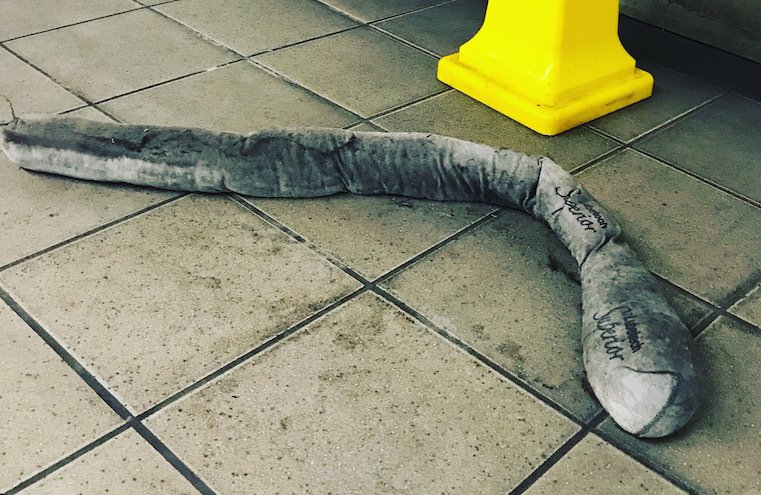


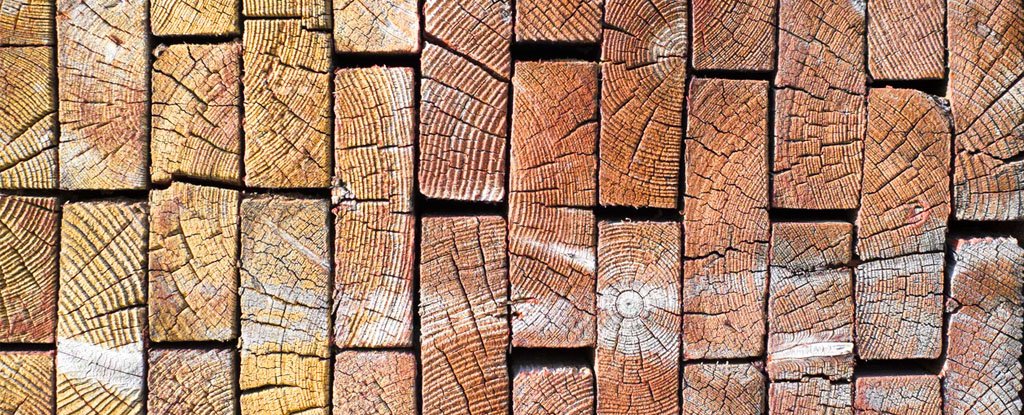
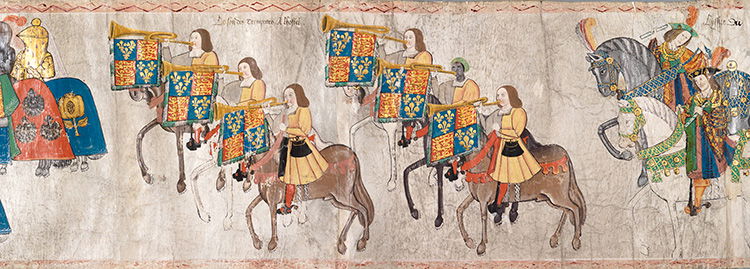
 If anyone thought that
If anyone thought that 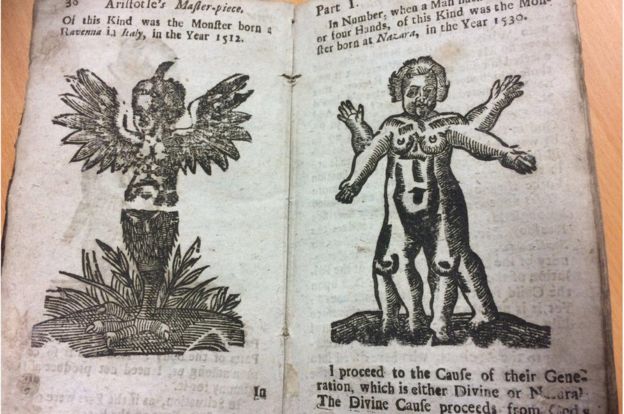
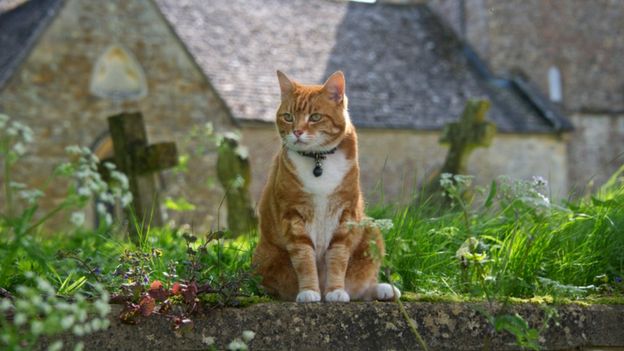

 Needless to say
Needless to say 